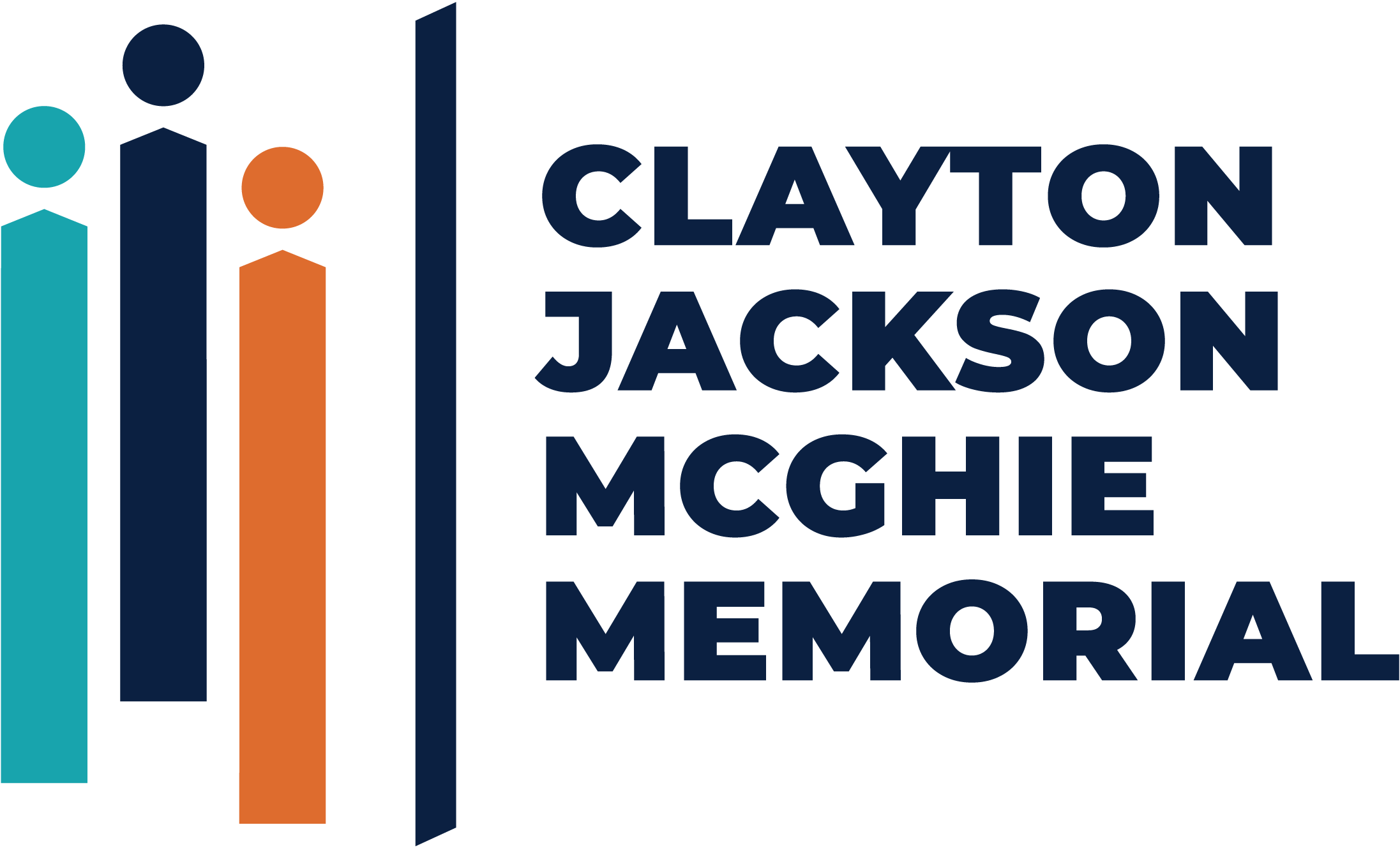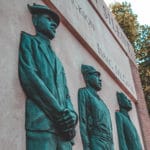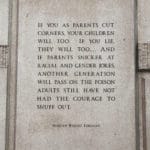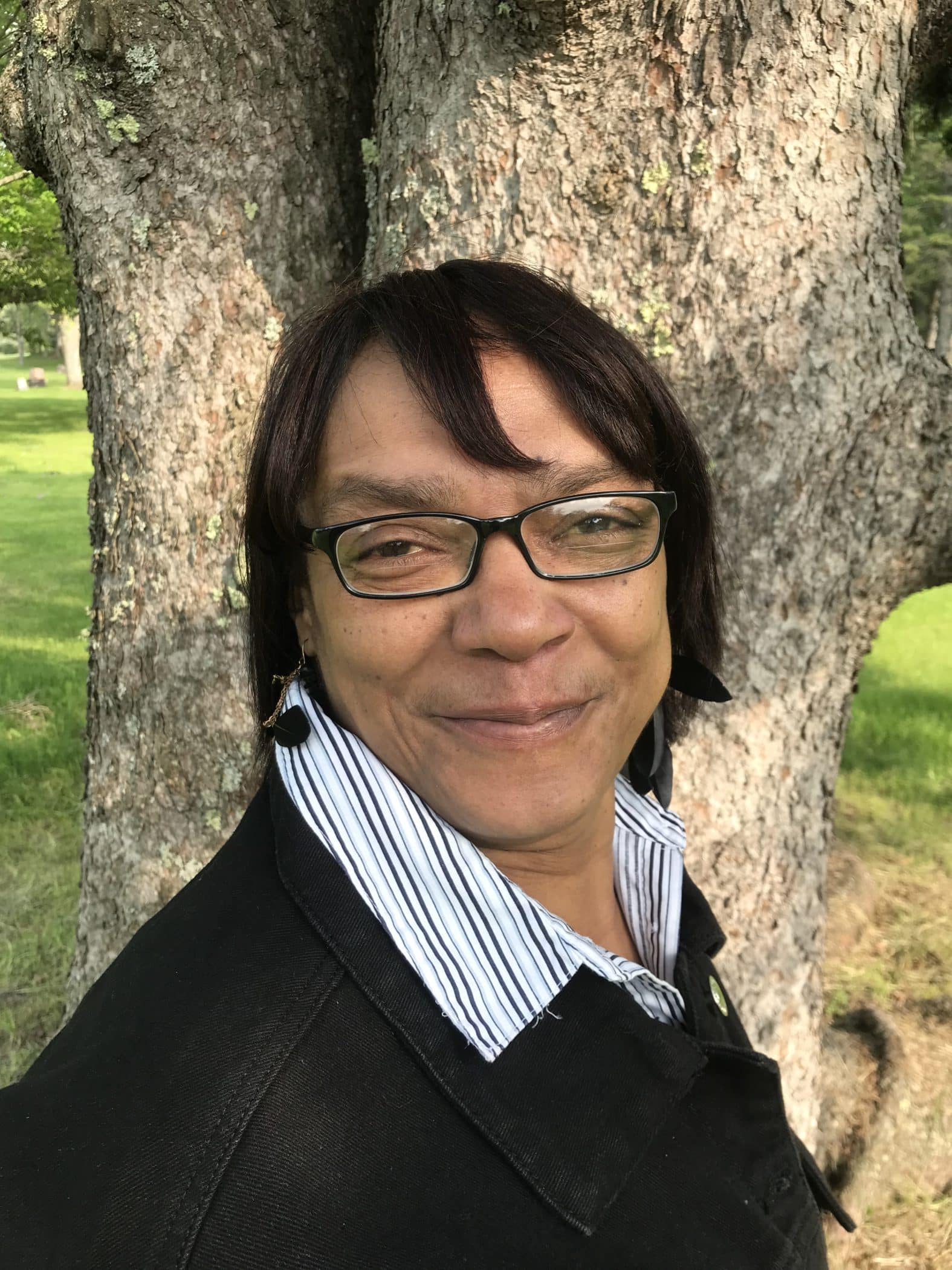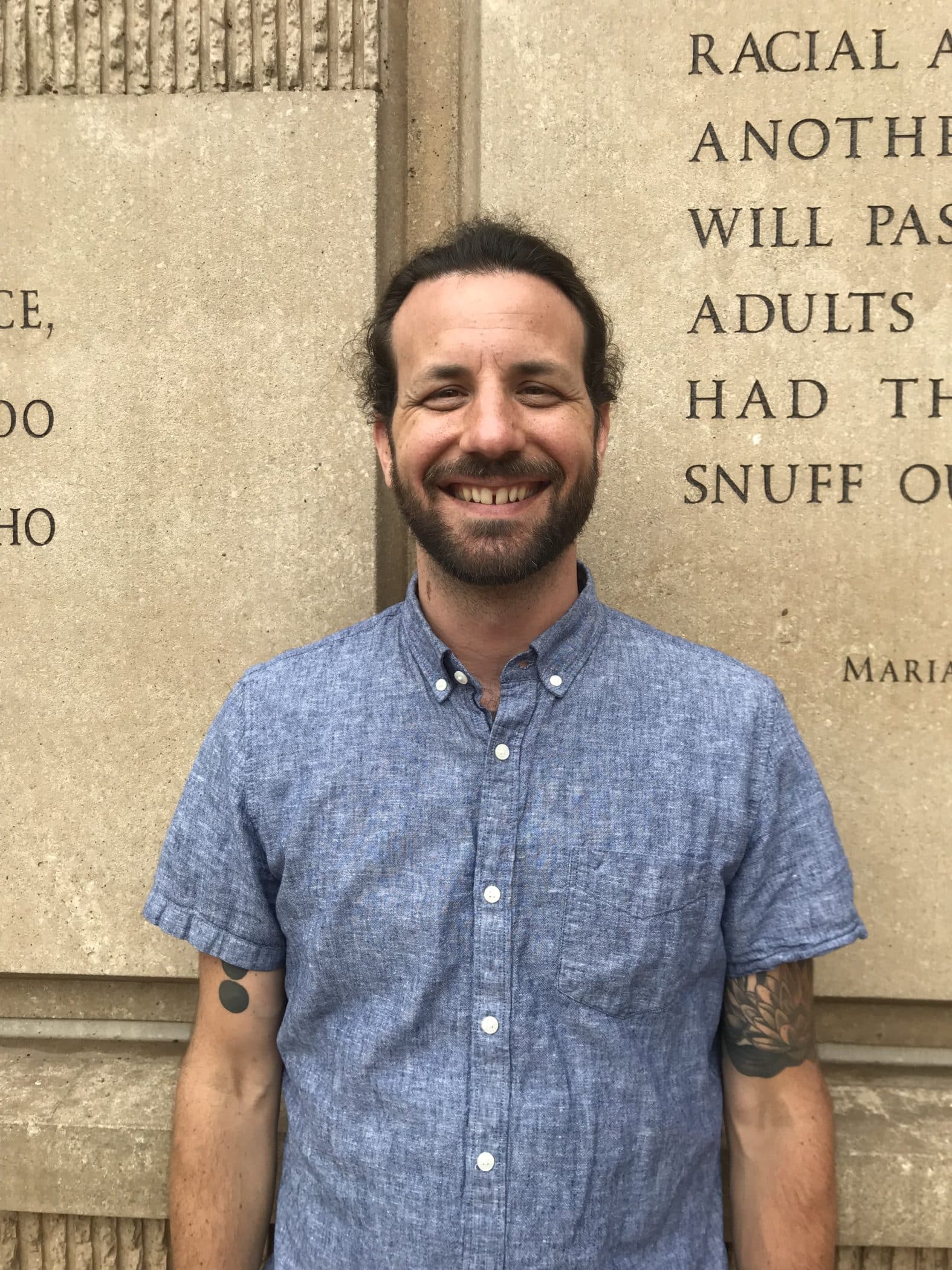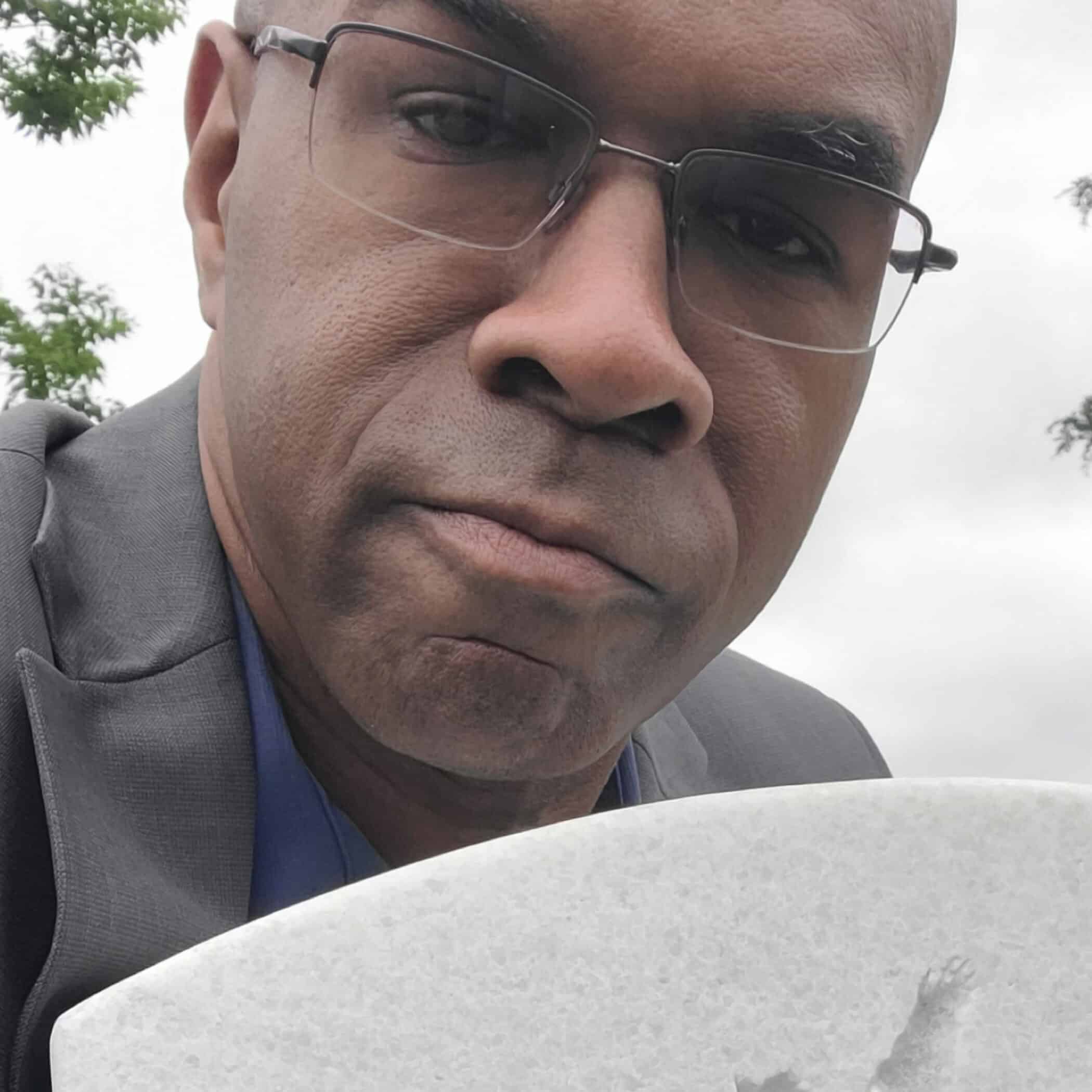Who we are
Our mission is to foster racial justice and promote healing and reconciliation in our community.
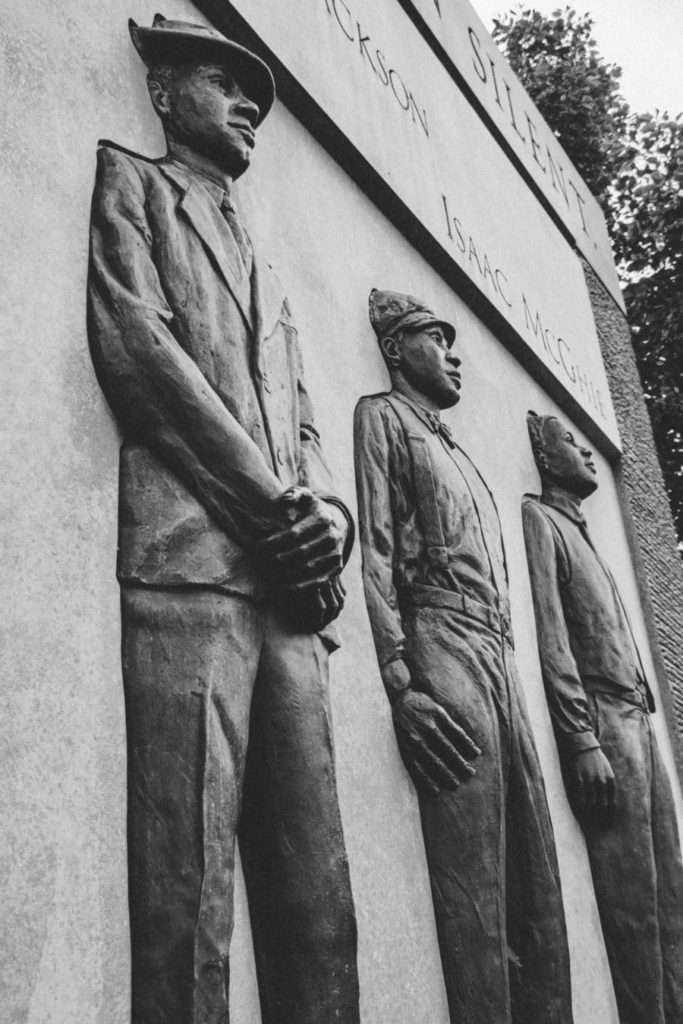
Our Story
The Clayton Jackson McGhie Memorial, Inc. was formed in June 2000. It was a culmination of years of individual people keeping the stories of what happened to Isaac McGhie, Elmer Jackson and Elias Clayton alive in their way. There was Michael Fedo, who wrote The Lynchings in Duluth (originally titled They Were Just Niggers, after a statement made by a Duluthian after the lynching). There was Craig Grau, who worked with the First Lutheran Church to get the gravesites marked in the early 1990s. There was Harlin Quist, who attempted to get Fedo’s book published a second time, also in the early 1990s. There was Sheldon Aubut, who told tourists and history buffs the tales of Old Downtown on his top-hatted tours. There were teachers at local high schools, the local NAACP, university students, and local journalists. Perhaps hundreds of people, over the years, who repeatedly brought attention to this blot on Duluth’s history.
In 2000, the 80th anniversary of the lynching of these three young men, Heidi Bakk-Hansen wrote an article for the Ripsaw News titled “Duluth’s Lingering Shame.” It named the accusers, Irene Tusken and James Sullivan, publicly for the first time since 1920. And it led to several conversations between Bakk-Hansen and Henry Banks, an activist and shopowner on her delivery route. Banks suggested inviting community members to a vigil on the anniversary date, June 15. That day, it rained buckets. But people came. Social workers, students, teachers, filmmakers. Regular folks. Activists. People who’d wondered for a long time why nothing of any consequence had been done to atone, to reconcile the town they loved with a history they hated. They began to meet, and try to figure out how best to represent a community committed to dealing openly and honestly with its past. From the start, there was a level of boldness pursued by the committee members, especially Co-Chairs Banks and Catherine Ostos, who challenged then-Mayor Gary Doty to support the committee’s project of a memorial to the three men at the intersection where their lives were taken. It was a challenge the mayor accepted, after hearing committee members plead the importance of facing head-on the worst of our collective past.
On the evening of June 15, 1920, three black men, wrongly accused of raping a white woman, were abducted from the Duluth, MN, City Jail. A mob numbering between five and ten thousand people savagely beat and tortured these three young men, then hung them from a lamppost in the middle of Duluth's downtown.
The grim spectacle of the mob posing with the lynched men was then captured by a photographer, and then circulated as a postcard. At a time in America when the lynching of black men was all too common, it was widely agreed to be the most heinous lynching of 1920. Until recently, this event has been largely forgotten. The names of the three men, Elias Clayton, Elmer Jackson and Issac McGhie were almost forgotten as well.
Board Members
Apply to Serve on the Board
Fill out the online application here or download the PDF and return it to us.
Emeritus Board Members
| Jodi Broadwell | Sheryl Boman | Carl Crawford |
| Richard Dolezal | Scherrie Foster | Lynn Goerdt |
| Bob Grytdahl | Catherine Nachbar | Gail Schoenfelder |
| Julia Cheng | Treasure Jenkins | Susana Pelayo-Woodward |
